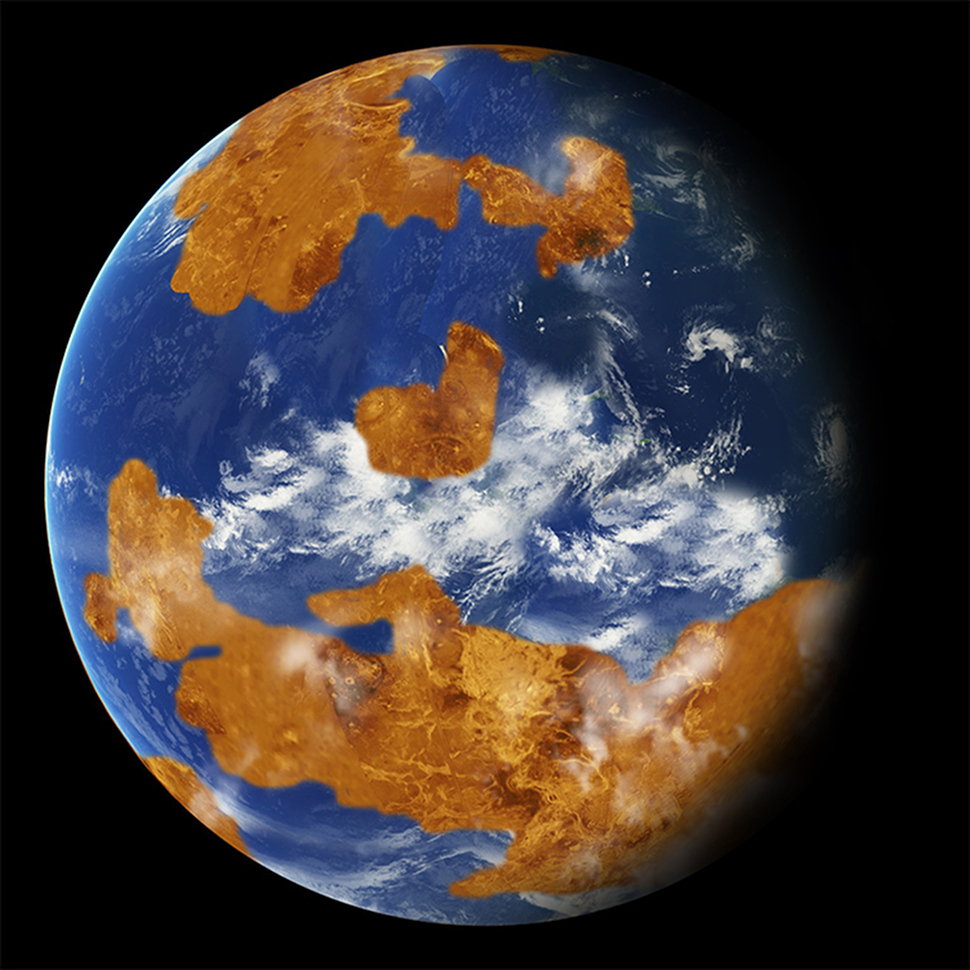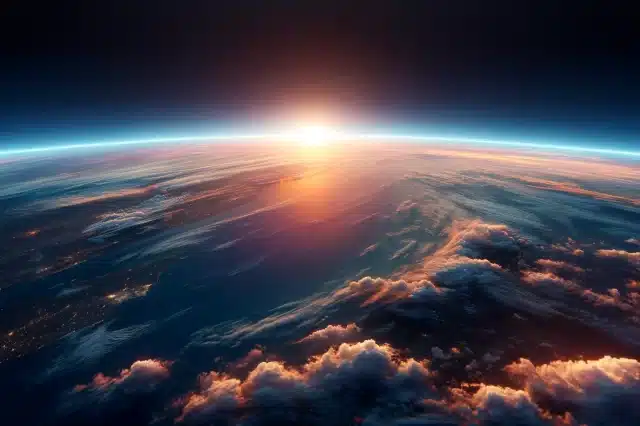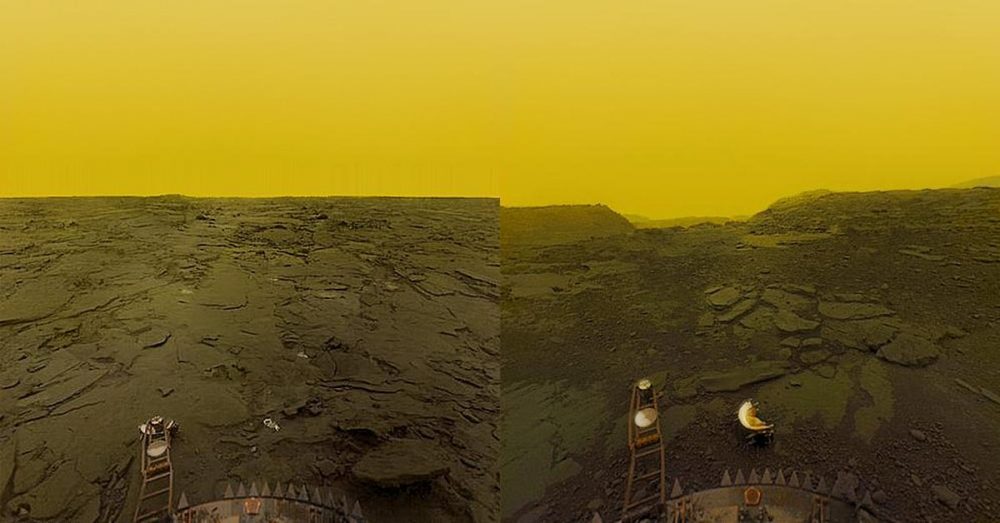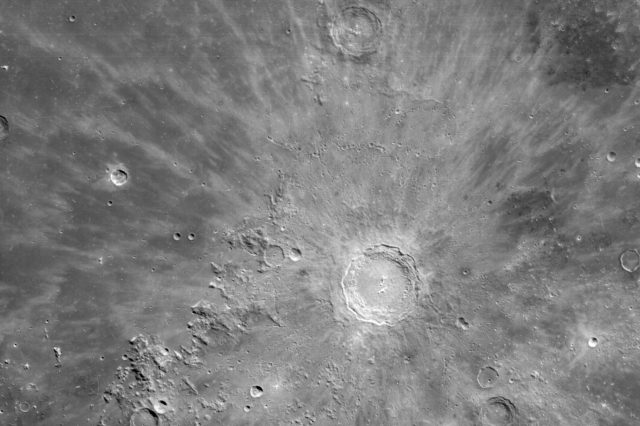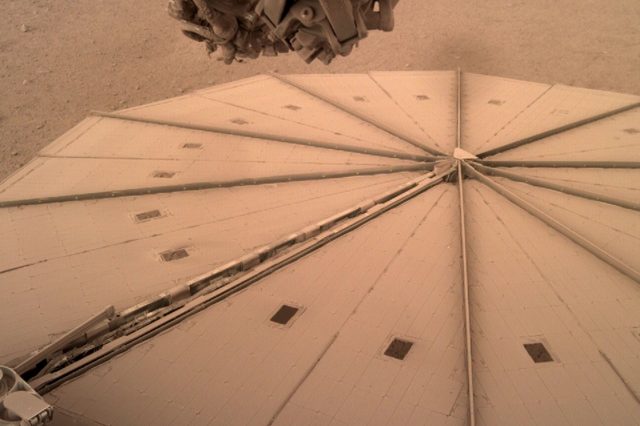Recent scientific discoveries suggest that Venus could have had living conditions for billions of years until an unexplained cataclysm led to major changes in the environment.
When we speak about life in space, Mars normally appears to be the most common answer or more precisely – the question. Especially in the latest one or two decades, space agencies and programs have focused their endless efforts to the creation of the first human space colony, of course, on Mars.
What if there is another planet in our Solar System that is far more suitable than Mars? More specifically, what if a planet was once entirely habitable?
Based on recent research by NASA, Venus once had suitable conditions for life forms which raised one crucial question that will trouble scientists in the future decades – what if all Venus-like worlds or at least some of them are actually habitable depending on their current state?
Was Venus Habitable?
Even in its current state, Venus is considered a sister world to our Earth due to their similarities in size, mass, and geochemical composition. Nevertheless, we wouldn’t recommend visiting it as it is today with temperatures over 450 degrees and the atmosphere almost entirely made of carbon dioxide.
According to scientists from NASA, Venus had absolutely habitable conditions up until a few hundred million years ago. In fact, observations led to approximate results that suggest that those habitable conditions could have remained for several billion years.
Simulations
Scientists have questioned whether Venus could have been habitable once ever since the original Pioneer Venus mission in 1978 found surprising evidence that the surface of Venus may have once been covered by liquid water.
The research by Michael Way of The Goddard Institute for Space Science in 2019 included a total of five simulations. The focal point of each case was potential water coverage and each variation assumed different water levels.
Skipping past the complicated test cycles and examinations, we know that the results were promising. According to Dr. Way, Venus could have been able to maintain stable temperatures for more than 3 billion years straight.
In fact, he suggested that Venus could even have had similar conditions today was it not for the unexplained series of events that lead to the total change of the planet. What we know is that countless volcanic eruptions began approximately 700 – 750 million years ago which lead to the imminent release of extreme amounts of carbon dioxide from Venus’ rocky surface.
If Venus had gone through the same process of evolution like Earth, it could potentially have been habitable in our modern time.
Up until the release of this research, scientists believed that Venus was way further than the borders of our habitable zone in the Solar System due to the doubled amounts of solar radiation. Now we know that it once had suitable conditions to support liquid water.
Future research: What should we expect?
Before anything else, we need to see more missions to Venus as soon as possible. Knowing that the current focus is Mars, I assume it would take decades before we see some actual results and prominent answers.
Next, the results from these five simulations instantly drew the attention towards the subgroup of Exoplanets from the Venus Zone. Logically, this includes planets similar in structure and characteristics to Venus.
If Venus was, in fact, inhabitable millions of years ago, what can we make from the hundreds of similar planets and worlds in our galaxy?
I believe we will be hearing a lot more about Venus and Venus-like worlds in the future years or decades. This is the power of science. All it took was a single study and we now stand with more questions than we had before it was conducted.
Join the discussion and participate in awesome giveaways in our mobile Telegram group. Join Curiosmos on Telegram Today. t.me/Curiosmos

